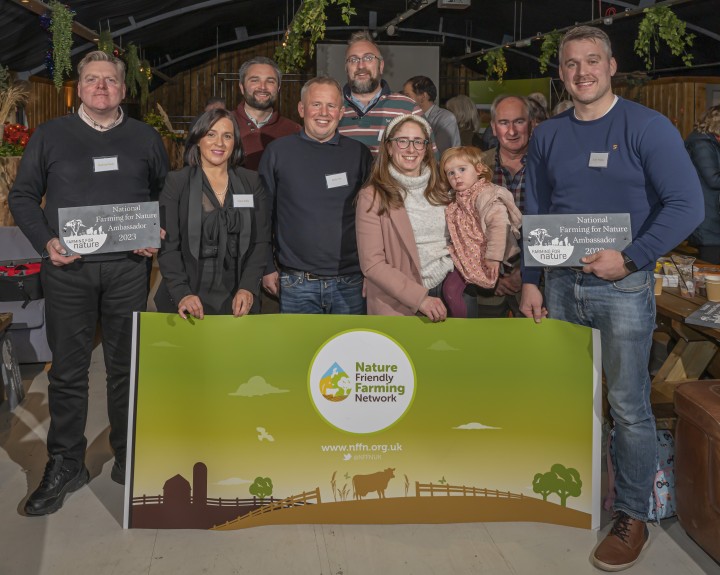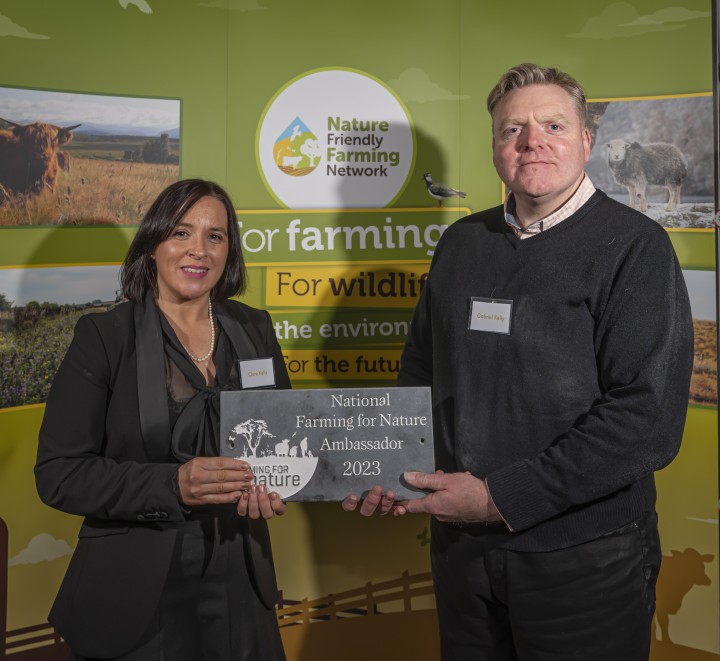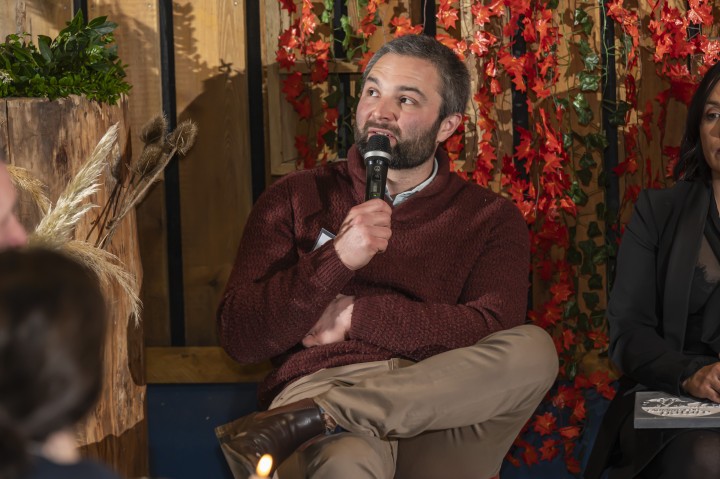Jonny said: “We were in the red this time last year and now we’re in the black. We are low input precisely because we’ve been able to claw back a bit of money this way. I’m hopeful going forward that this is a more risk-averse business model and the finances will be a lot easier to stack up because it’s about taking as many costs out of the system as I can.”
Other work being done by the ambassadors includes a peatland restoration project in partnership with the RSPB and growing multi-species swards with deep-rooted grasses which continue to thrive during drought periods and also have medicinal properties for grazing sheep.
The project was funded by the Department of Foreign Affairs as part of the Shared Island Civic Society Fund, with support from the Burrenbeo Trust and The Farming For Nature Project.
More than 200 qualified professionals working in farmland diversity across the island of Ireland nominated farmers who they feel should be recognised for how they support nature in their agricultural work and their local community. The ambassador awards recognise farmers who have made significant contributions to protecting or enhancing nature on their farms, farm in a manner which is agriculturally, socially and economically progressive and share their passion for nature-friendly farming with other people.




